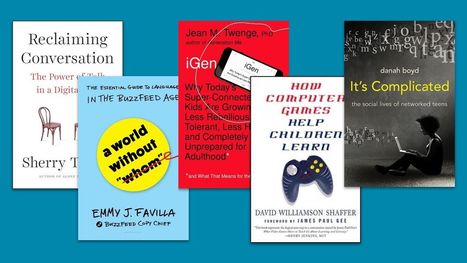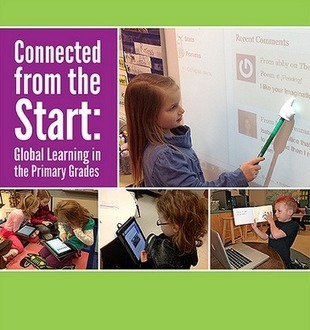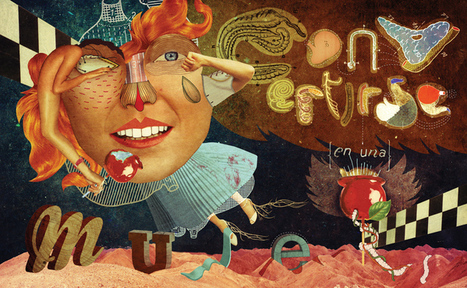Shona Whyte:
Leslie M-B is assistant professor of history in Idaho and has this thought-provoking post on using collaborative digital projects to improve the teaching and learning of history:
"To move beyond the era of content standards, we need to acknowledge—and convey to our teacher candidates—that one need not be an expert in a content area in order to teach it. We already see this attitude in English classes, where the literary canon has been in flux for some time. As an English teacher, I wouldn’t need to be an acknowledged expert on, or even a specialist in, Huckleberry Finn to teach it to junior high school students. Instead, I’d need to know how a novel works; I’d need to know how plot, characters, conflict, and other literary devices combine. Knowing the history is necessary, too, but information about what was going on in the U.S. at the time Twain wrote his novel is only an internet search away. I need not have learned it at some fixed point way back in tenth grade and filed it away until I required it in my own classroom teaching."
Much of this is of course directly applicable to the language classroom.
Via
Robin Good,
Shona Whyte



 Your new post is loading...
Your new post is loading...










![10 Smart Test-Taking Tips for Students [Infographic] by Debbie Malone | Moodle and Web 2.0 | Scoop.it](https://img.scoop.it/dChSkgPns2vau4SJ0UlYRzl72eJkfbmt4t8yenImKBVvK0kTmF0xjctABnaLJIm9)







